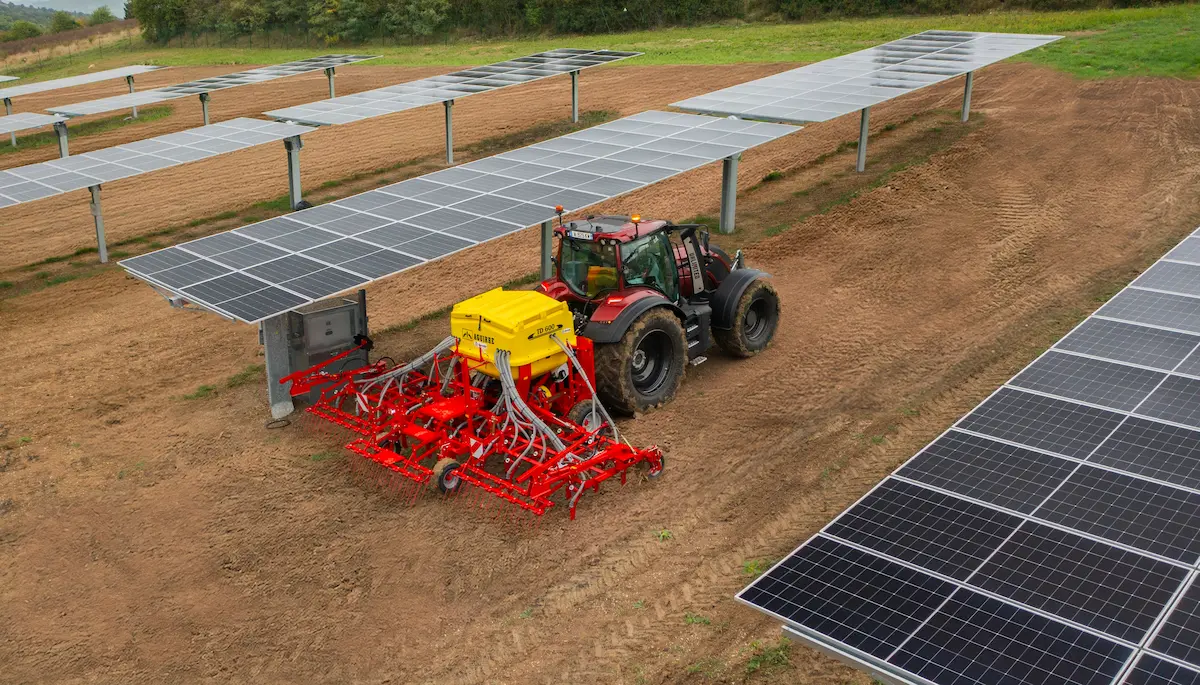TSE signs the Agrivoltaics Charter
TSE is proud to adhere to the La Plateforme Verte charter, alongside 30 agrivoltaics actors, to disseminate the best practices in this activity.
20/1/2023

Key points
The Plateforme Verte charter in practice
TSE is proud to adhere to the La Plateforme Verte charter, alongside 30 agrivoltaics actors, to disseminate the best practices in this activity.
Agrivoltaics Charter
- The signatories of the charter adhere to the definition of agrivoltaics by Ademe, collectively with the FNSEA JA Chambers of Agriculture France (doctrine April 2022) wishing to also include greenhouses, and recognizing in addition to combinations of potential interest for agriculture;
- Agrivoltaics is considered by the signatories above all as a tool that should serve agriculture and the community, making it possible to contribute to the energy transition without conflicts of use;
- In this perspective, each project will be designed as an agricultural and territorial project, involving the farmer, advised by an agricultural organization (chamber, design office, technical council, technical or research institute, etc.) and integrating consistently into the local agricultural economy. A pre-feasibility study will assess the pedoclimatic context of the site, equipment specific to crops or livestock as well as commercial opportunities;
- In this perspective, the agricultural vocation of the land is maintained with commitments to the replacement of the farmer in the event of cessation of his activity, to regular agricultural monitoring during the first years (then report every five years) provided by an independent organization for projects other than self-consumption on the farm, and to the initial rehabilitation of the land after dismantling the installation. Local authorities can then calmly encourage agrivoltaics in their planning documents (SCoT, PLui);
- In this perspective, the signatories intend to promote a fair distribution of the power plant's income, in a proportion reserved mainly to the owner and operator, and in part to a territorial agricultural collective (cooperative, GUFA, special endowment fund, etc.) in accordance with the recommendations of the National Assembly's flash mission; this voluntary contribution is not intended to be combined with possible collective agricultural compensation if the project is subject to it;
- Finally, to facilitate the development of agrivoltaics that meet the criteria set out above, the signatories ask the State for a simple doctrinal basis and clear guidelines for the attention of the instructing services (whose staff and skills are called to be strengthened in order to calmly support the growing number of these projects); the signatories propose to support the agricultural operator in the commission to which he will be systematically invited to evaluate his project (CDPENAF), and after which a report of exchanges will be sent to him.
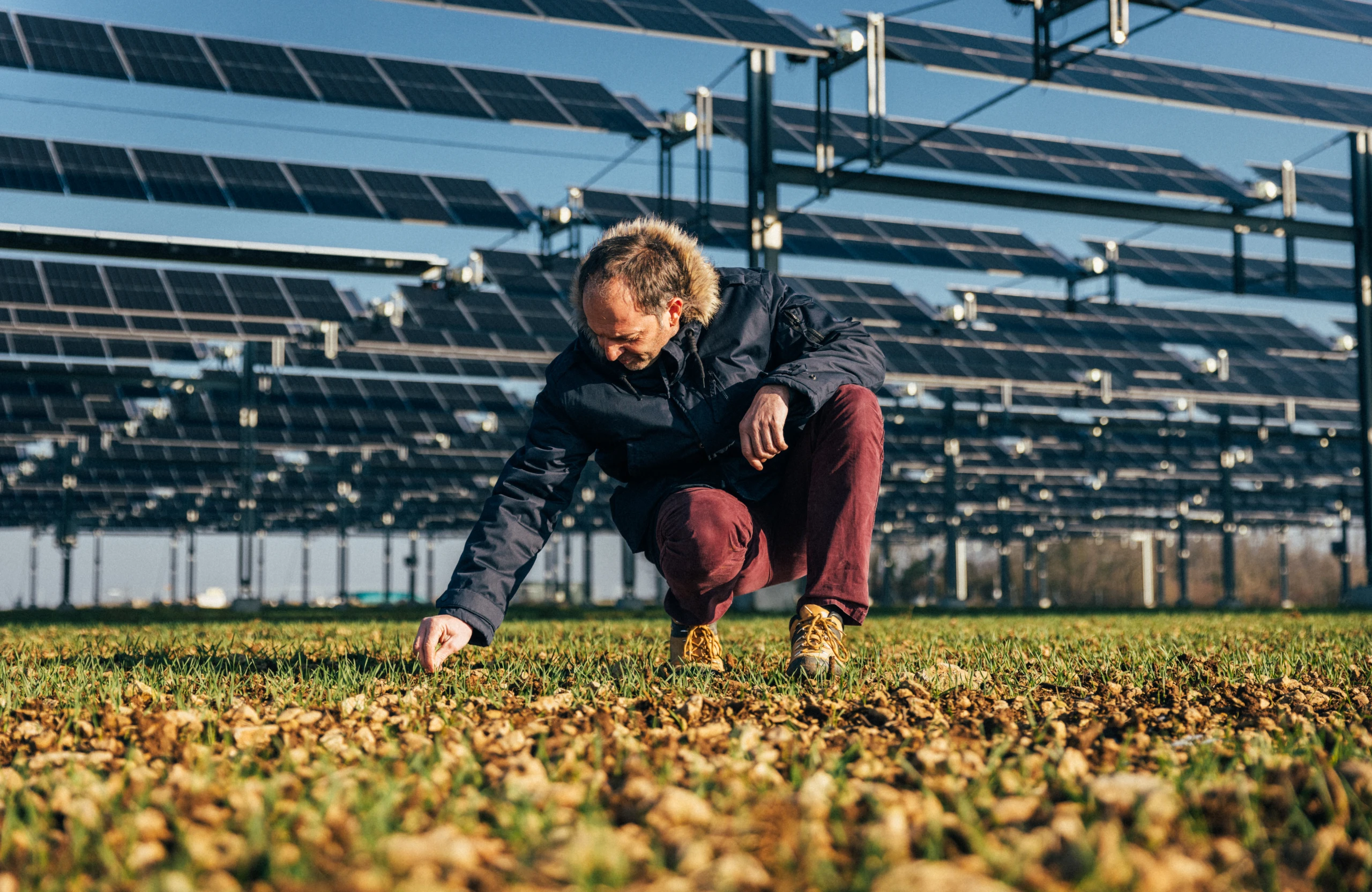
.webp)
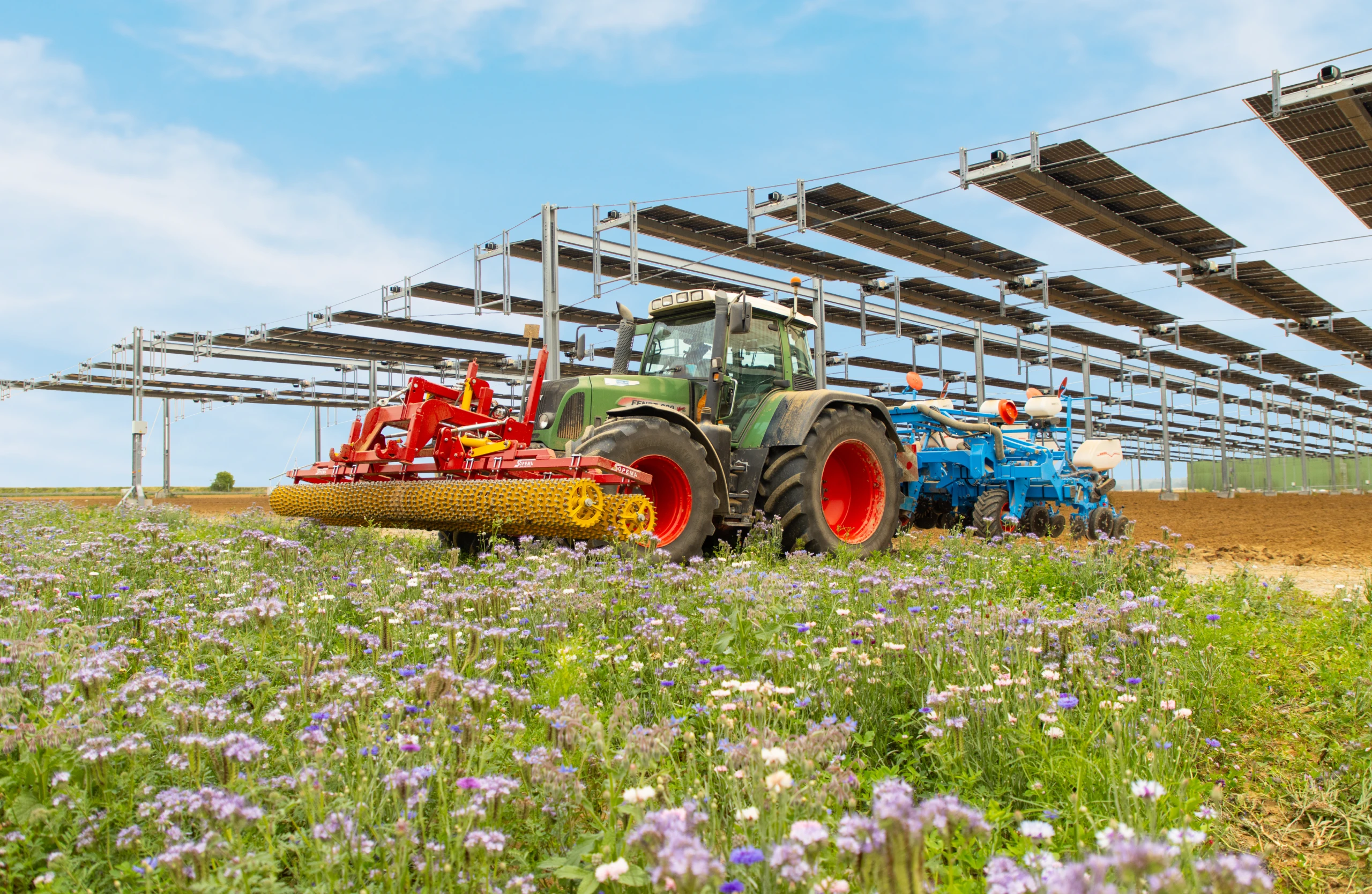
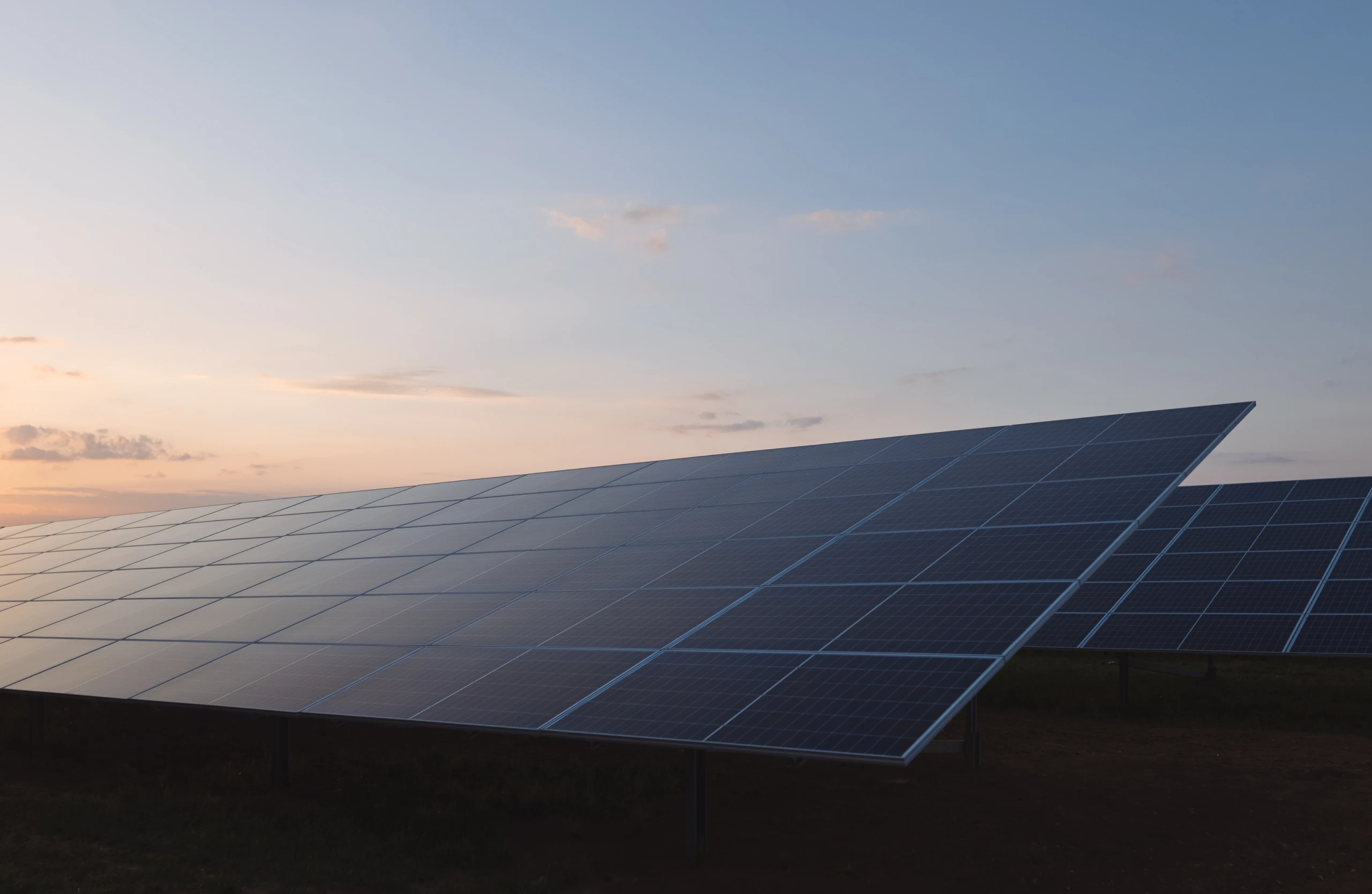
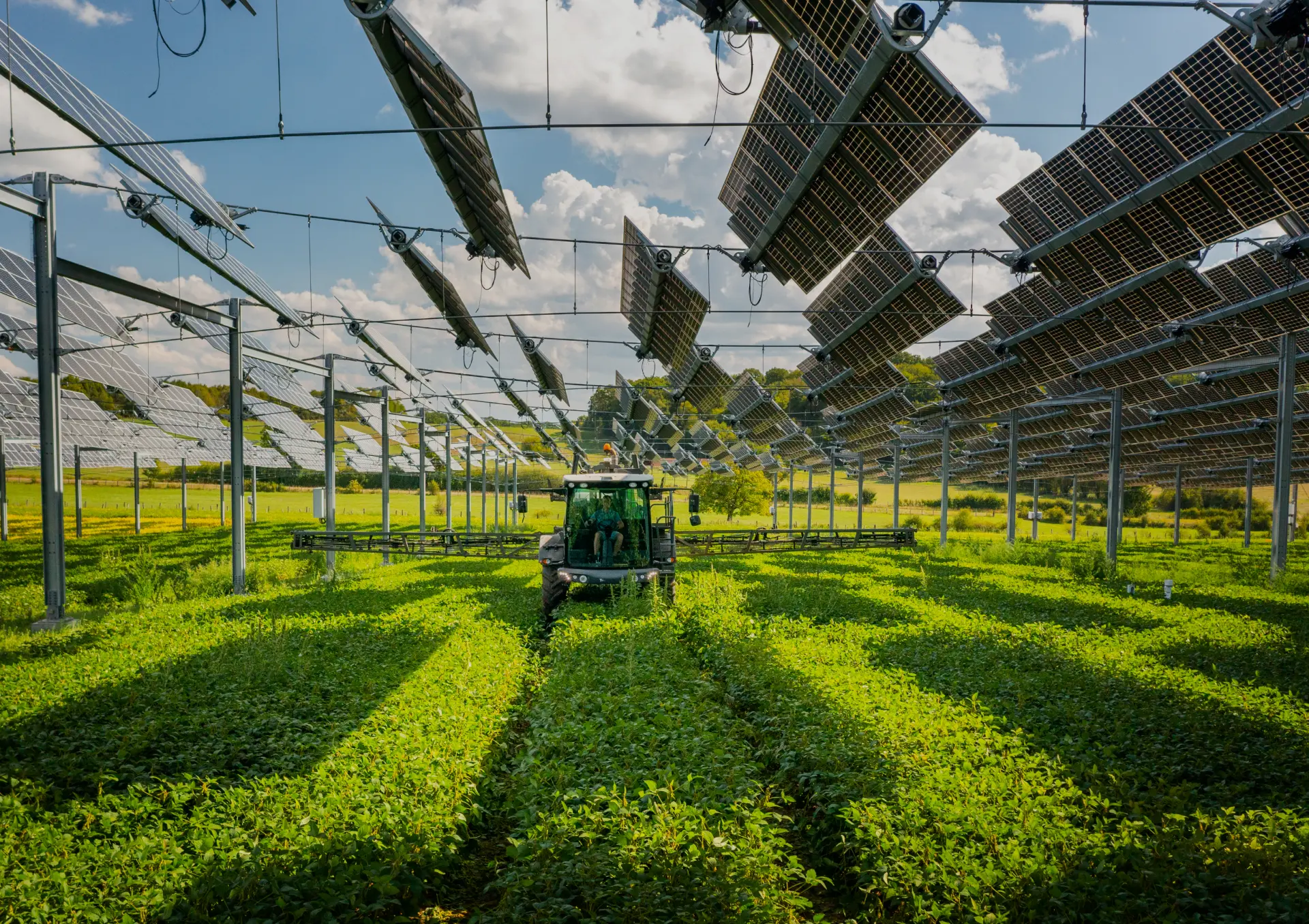
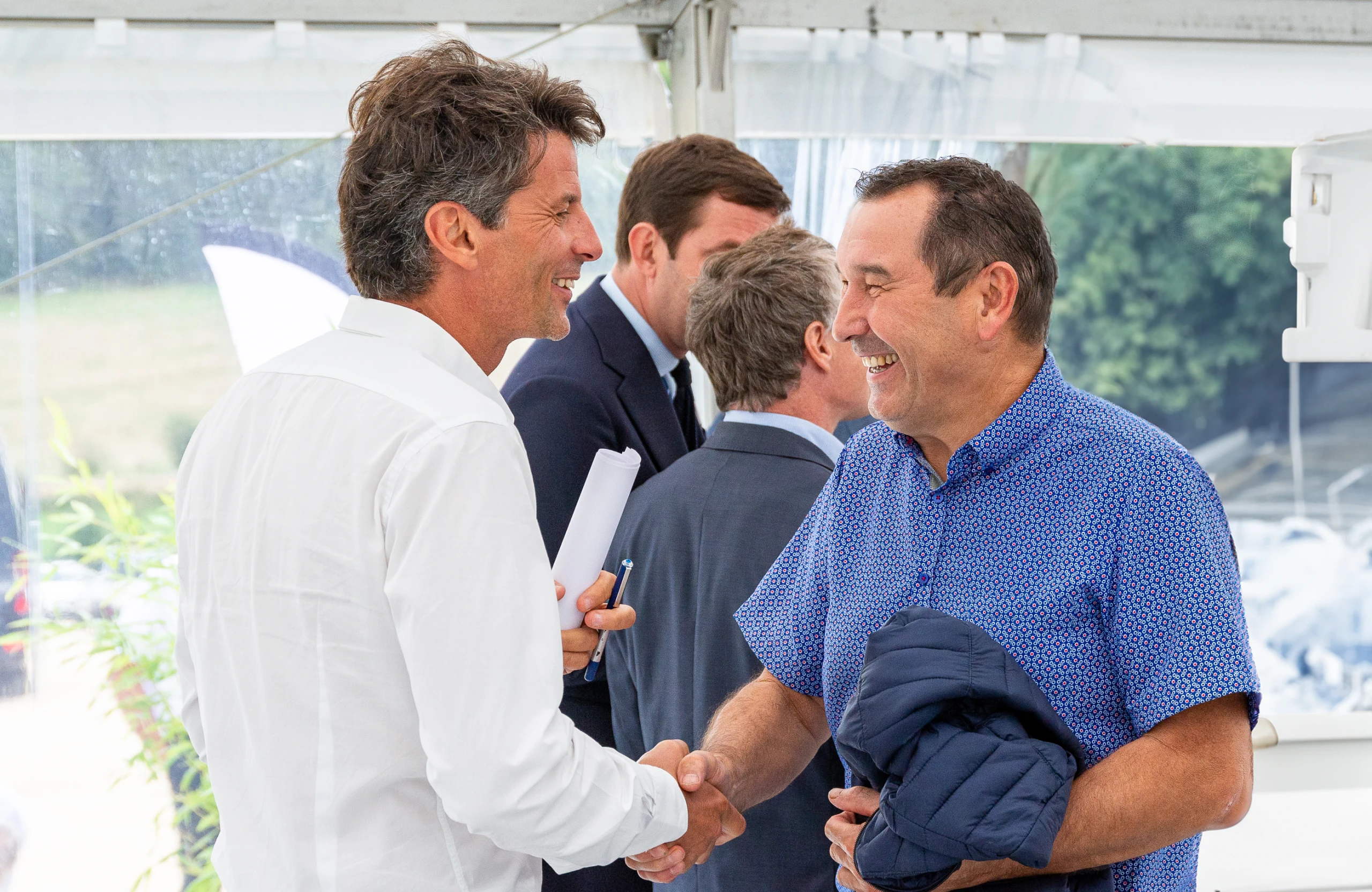


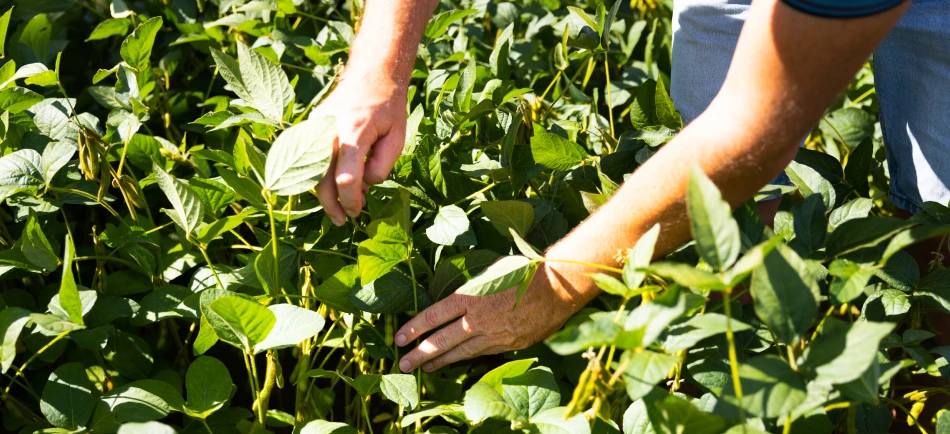

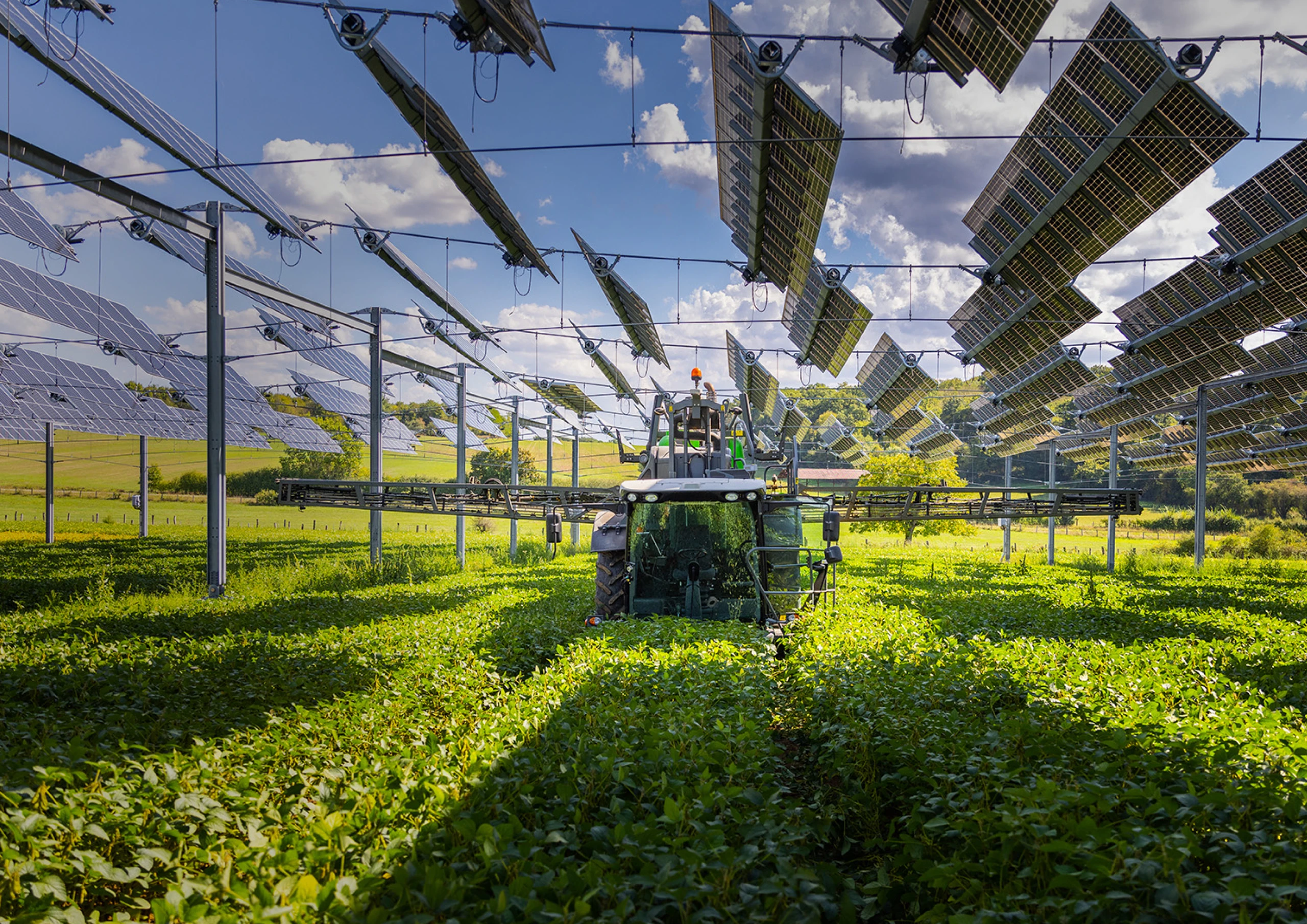
.webp)

